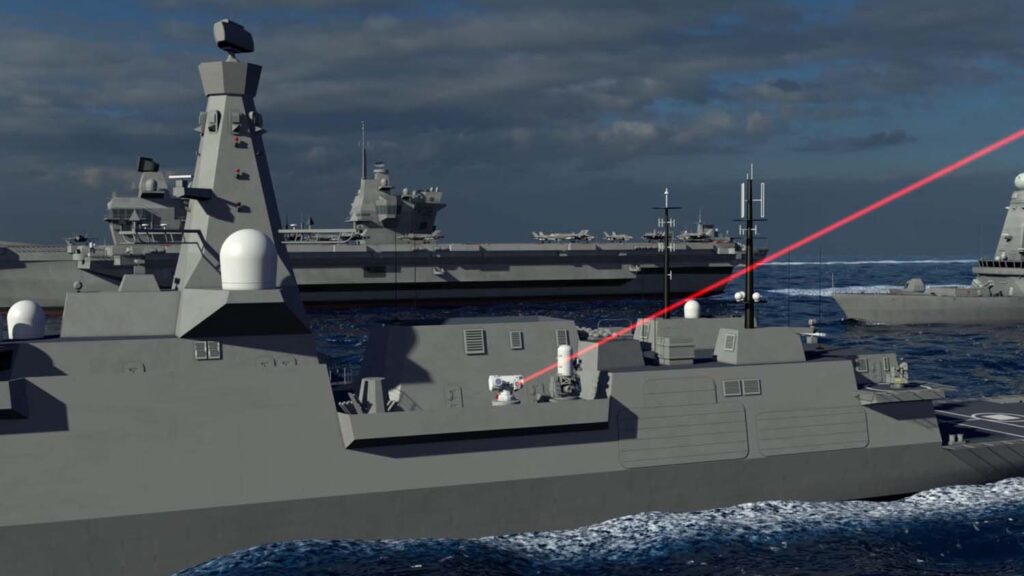𝘿𝙧𝙖𝙜𝙤𝙣𝙁𝙞𝙧𝙚 𝙡𝙖𝙨𝙚𝙧 𝙩𝙤 𝙗𝙚 𝙞𝙣𝙨𝙩𝙖𝙡𝙡𝙚𝙙 𝙤𝙣 𝙐𝙆’𝙨 𝙬𝙖𝙧𝙨𝙝𝙞𝙥 𝙗𝙮 2027
The Royal Navy has revealed its plans to install laser weapon DragonFire on a ship in the next three years as the need for weapons to counter drone and missile threats grows.
 Royal Navy
Royal Navy
DragonFire laser will be installed on a warship in 2027, adding to the Royal Navy’s potent array of air defense weaponry, which includes the Sea Viper and Sea Ceptor missile systems.
According to the navy, a burst of the high-intensity beam from DragonFire costs no more than £10 – yet can engage targets – drones, missiles, aircraft – at the speed of light by concentrating it on a target.
 Royal Navy
Royal Navy
The laser has been under development for nearly a decade and underwent tests by government scientists on the Ministry of Defence’s ranges in the Hebrides at the start of this year.
 Royal Navy
Royal Navy
Captain Matt Ryder, responsible for new capabilities as Head of Above Water Battlespace in the Royal Navy’s Develop Directorate, said: “The Royal Navy has always been on the front foot to embrace new technologies to enhance our capability. We recognise this cutting-edge UK laser weapons technology as highly relevant and the need to accelerate it into service on board our ships at the earliest opportunity.”
Defence Secretary, Grant Shapps added: “In a more dangerous world, our approach to procurement is shifting with it. We need to be more urgent, more critical and more global.”
 Royal Navy
Royal Navy
DragonFire has been developed by the Defence Science and Technology Laboratory (Dstl), on behalf of the UK MOD, working with its industry partners MBDA, Leonardo, and QinetiQ.